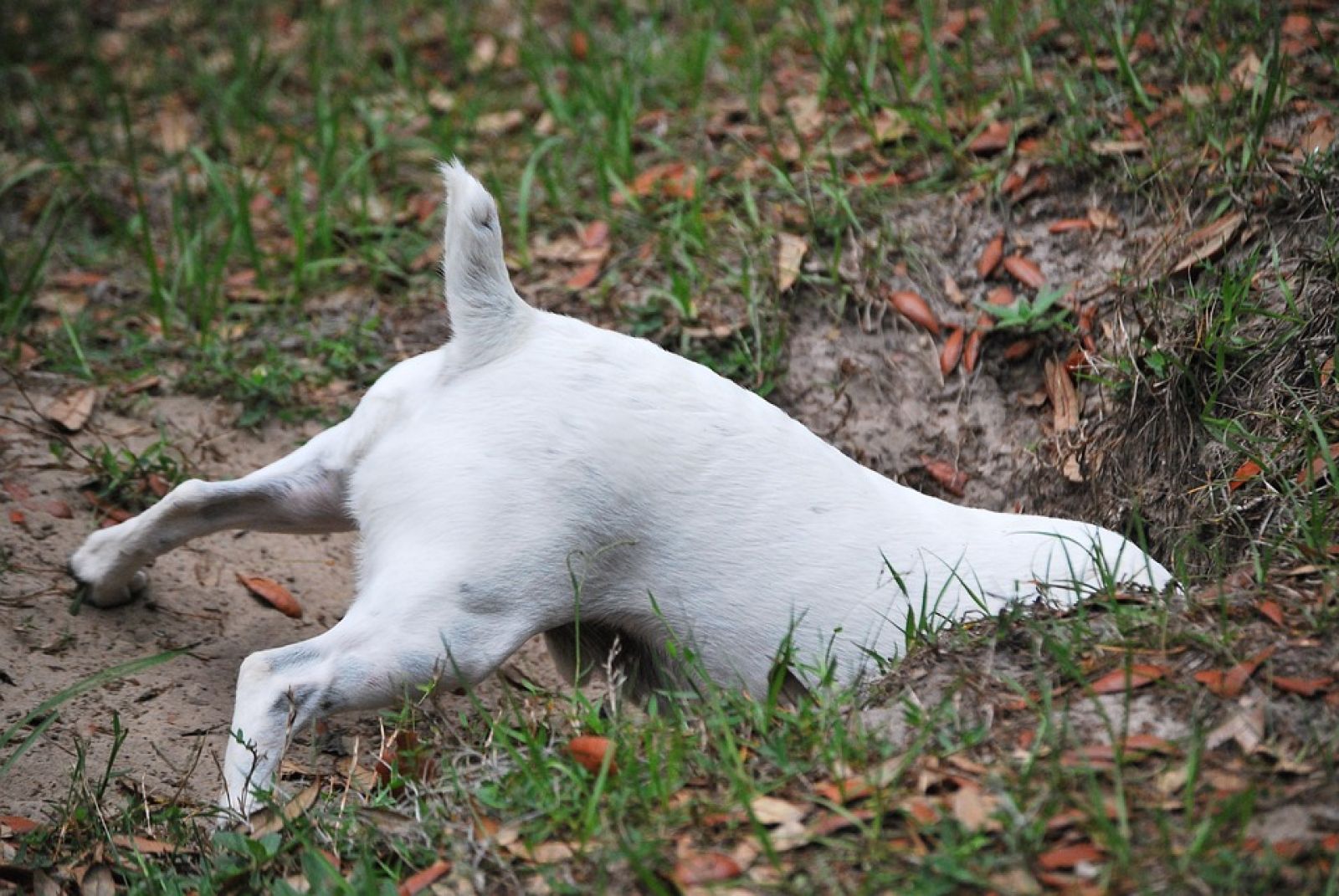Follow us on Google News (click on ☆)

Illustrative image from Pixabay
In the summer, the soil below the surface is often cooler than the ambient air. By digging and lying in these holes, dogs can cool themselves down. This habit is particularly observed in thick-coated breeds like Huskies and Malamutes, who seek to protect themselves from excessive heat. This quest for coolness is a natural adaptation to regulate their body temperature during hot days.
A bored dog or one lacking mental and physical stimulation may start digging to pass the time. This activity can be a form of exercise or simply a way to expend accumulated energy. Terriers and other breeds with a pronounced hunting instinct are particularly prone to this behavior due to their history of hunting small animals living in underground burrows.
Dogs also dig to hide valuable objects like bones or toys, a behavior inherited from their ancestors who buried food to preserve it. Furthermore, digging can be a way for them to find a comfortable position to rest. The soil, once dug, becomes softer and more cushiony, providing a pleasant place to sleep.
For some dogs, digging is a means of attracting the attention of their owner. Even a negative reaction can be perceived as a form of attention. Dogs may also dig when they are anxious or stressed, finding this activity soothing and useful for reducing their nervousness. Solutions to manage this behavior include regular exercise, mental stimulation with interactive games, and designating a specific area where they are allowed to dig.